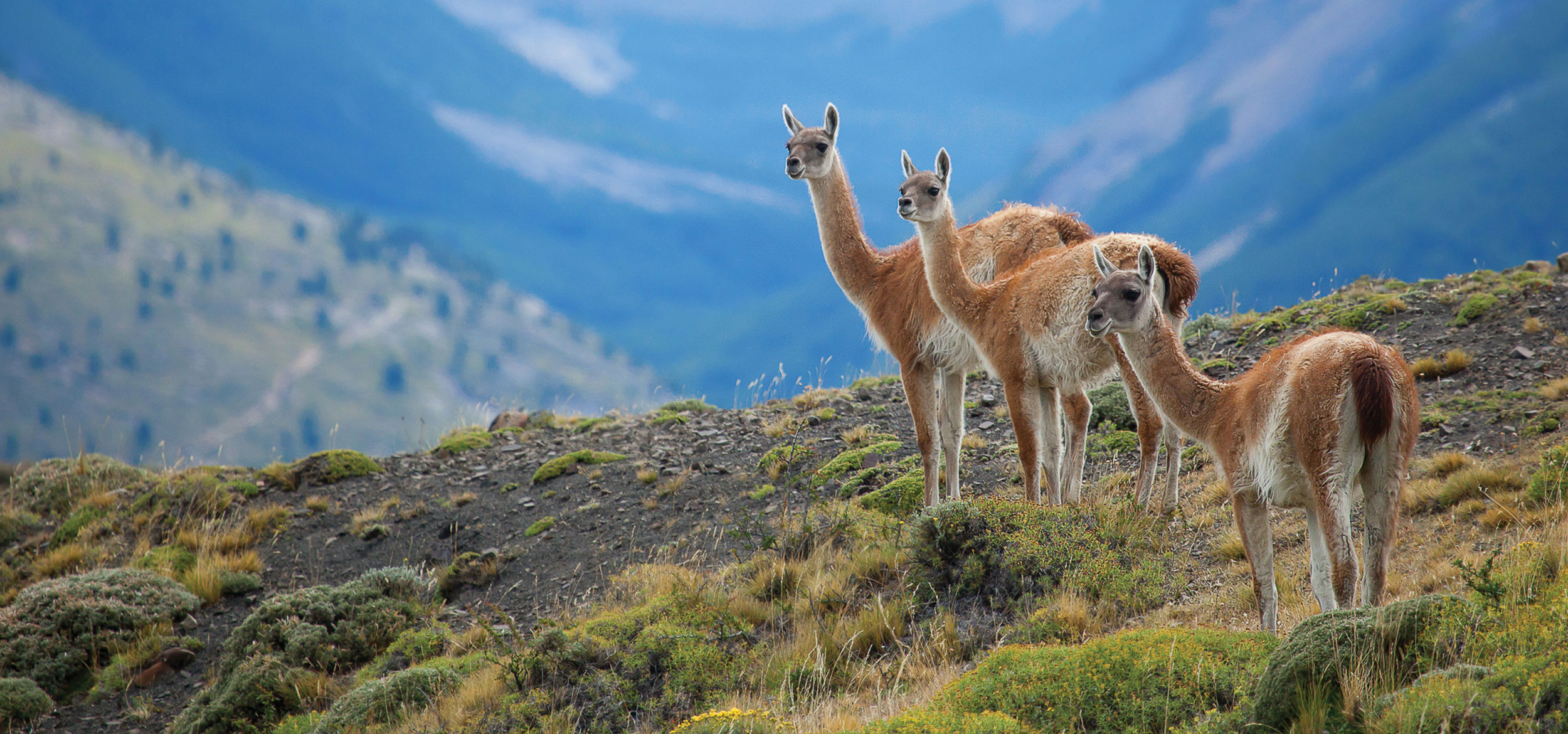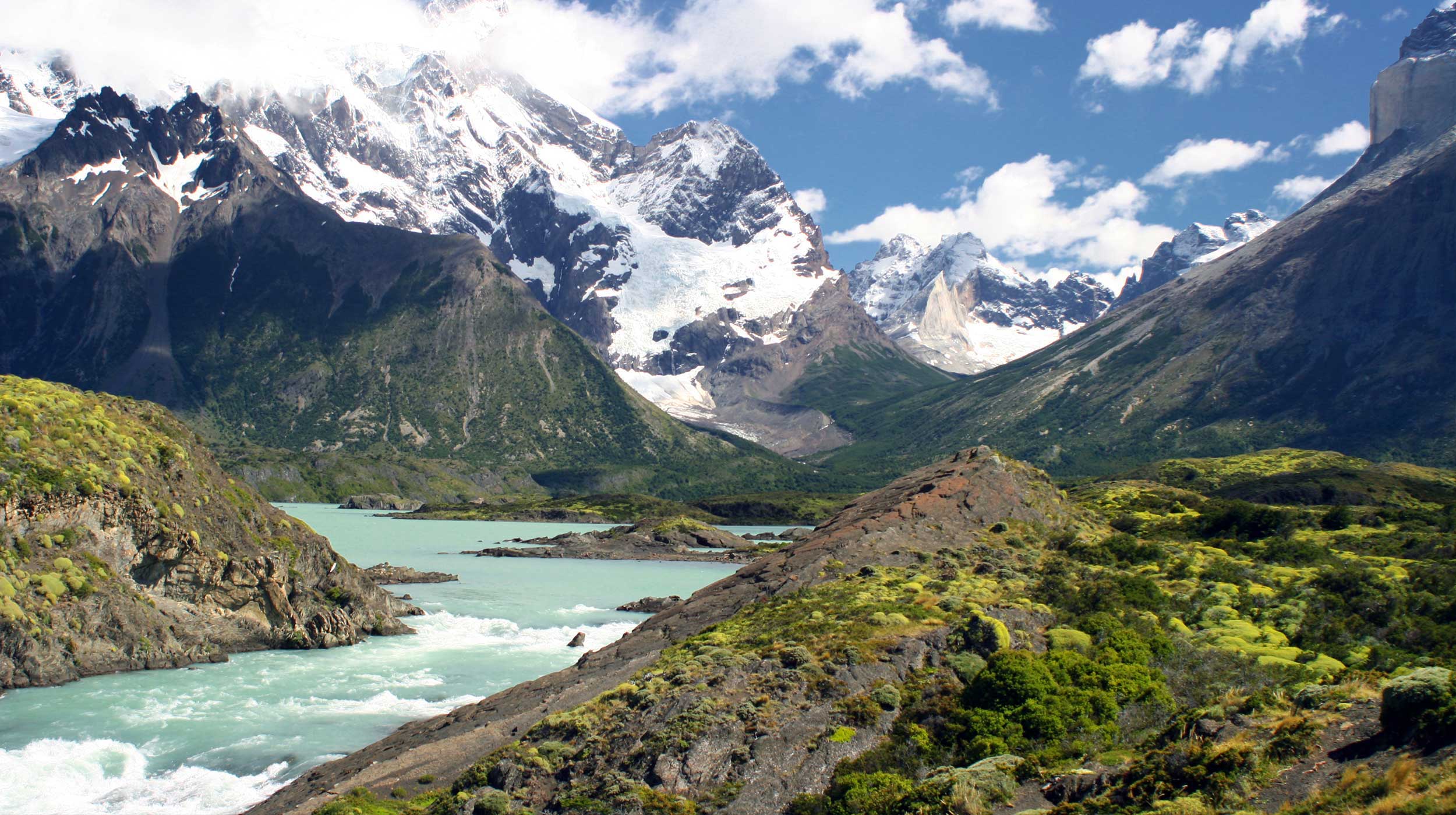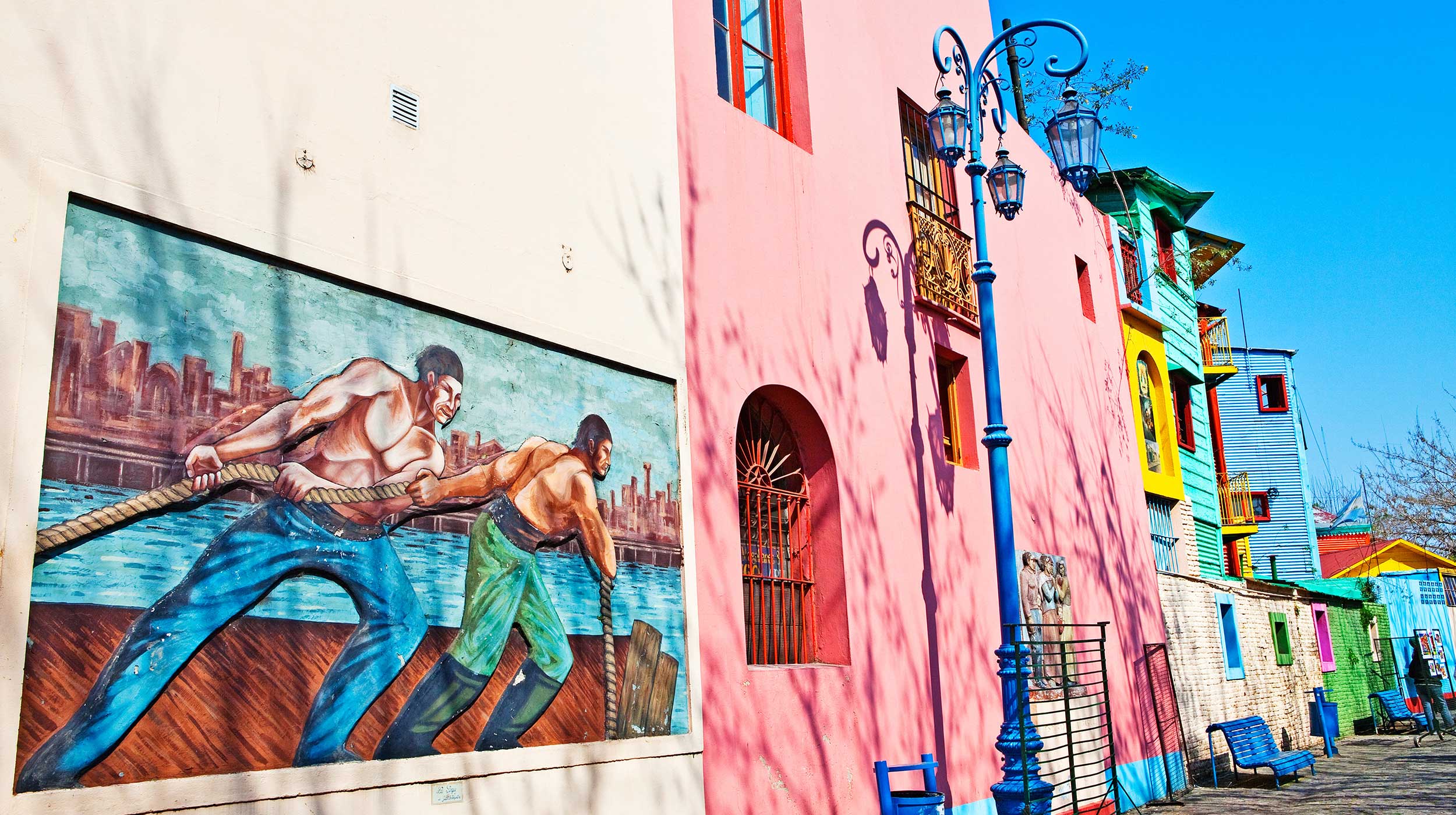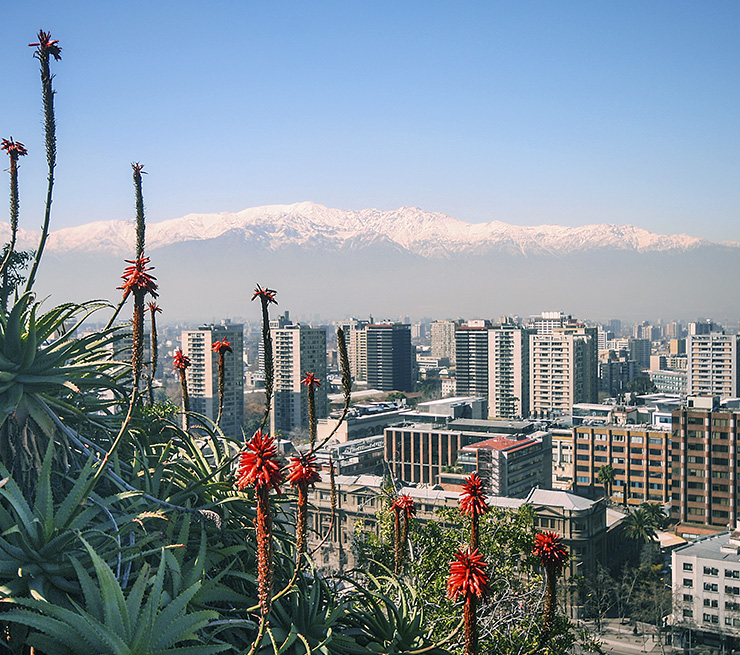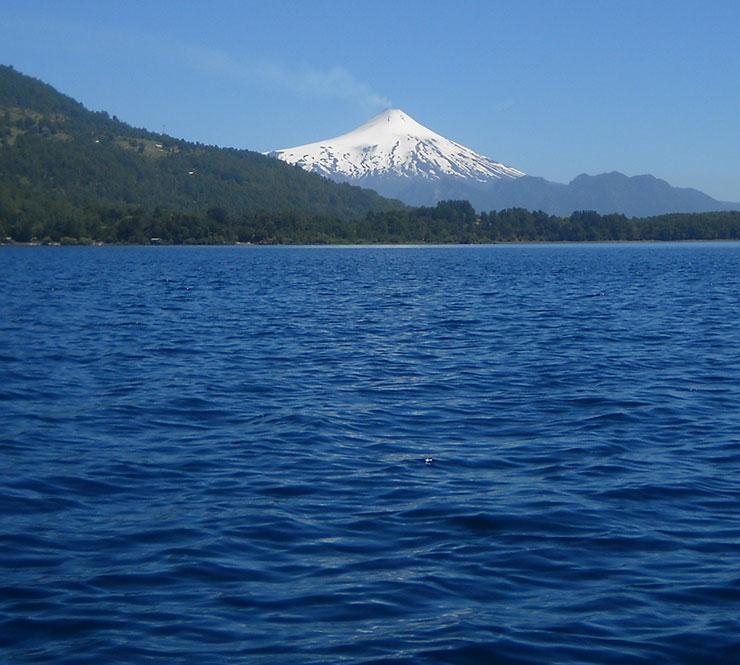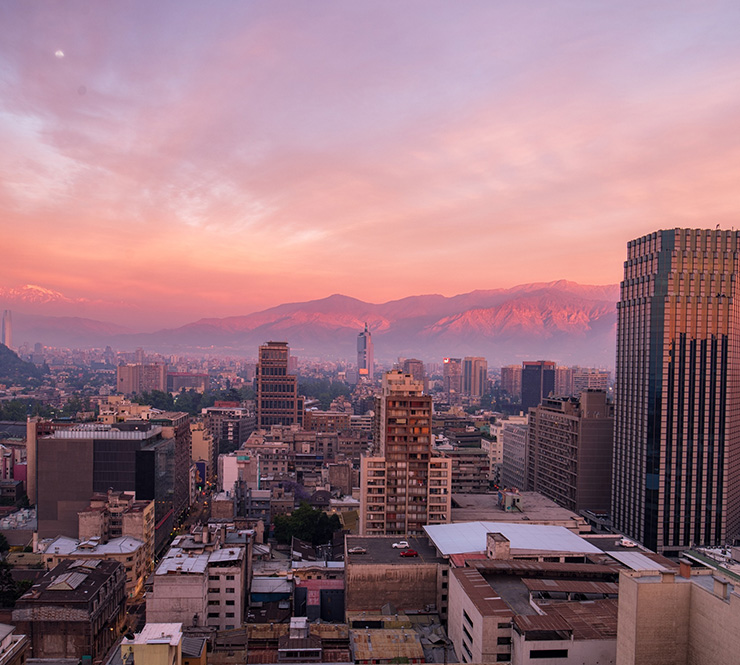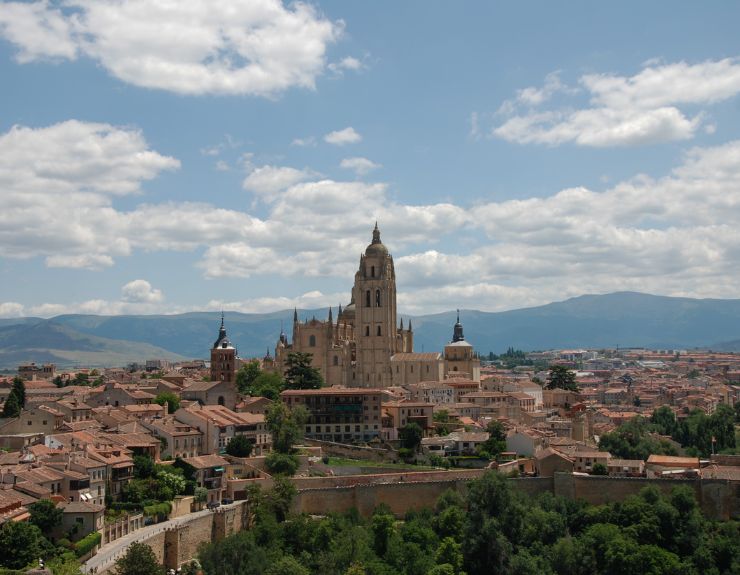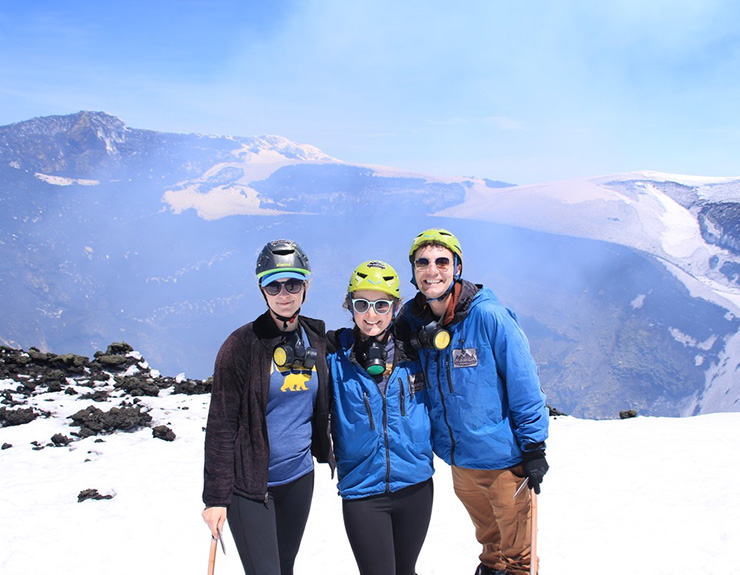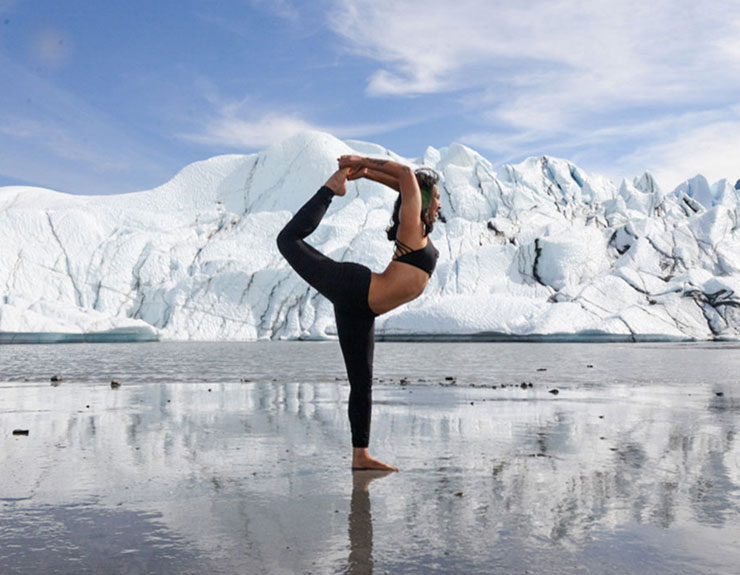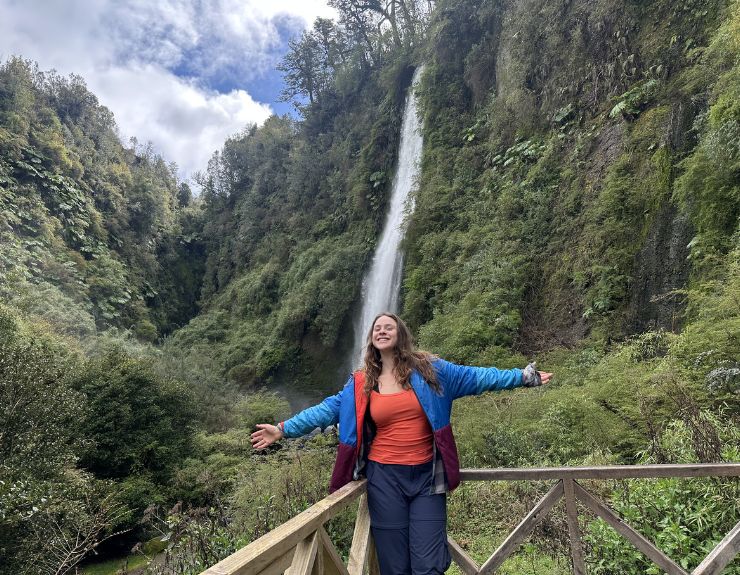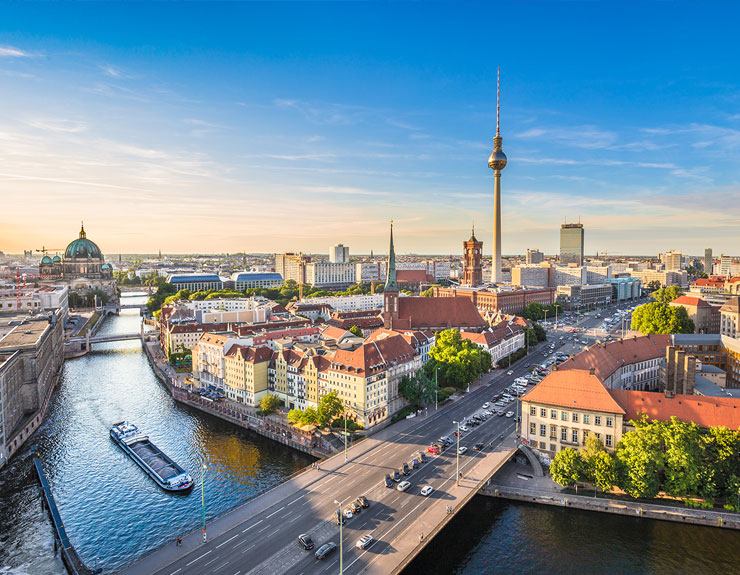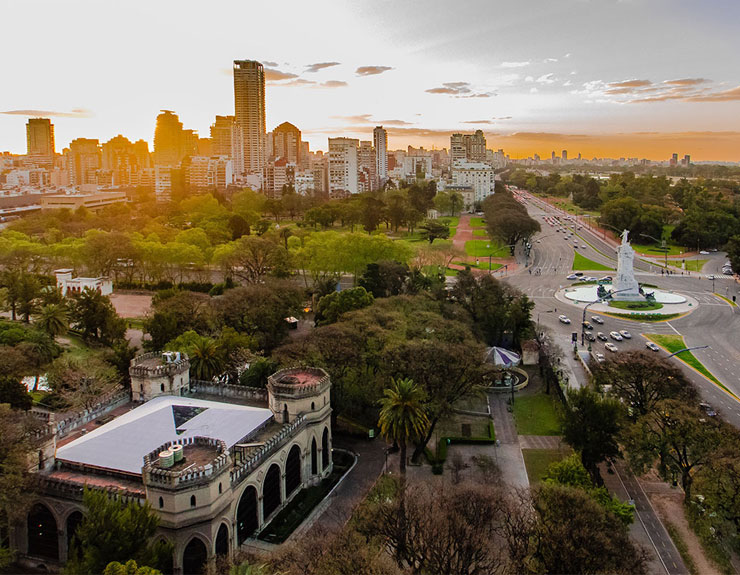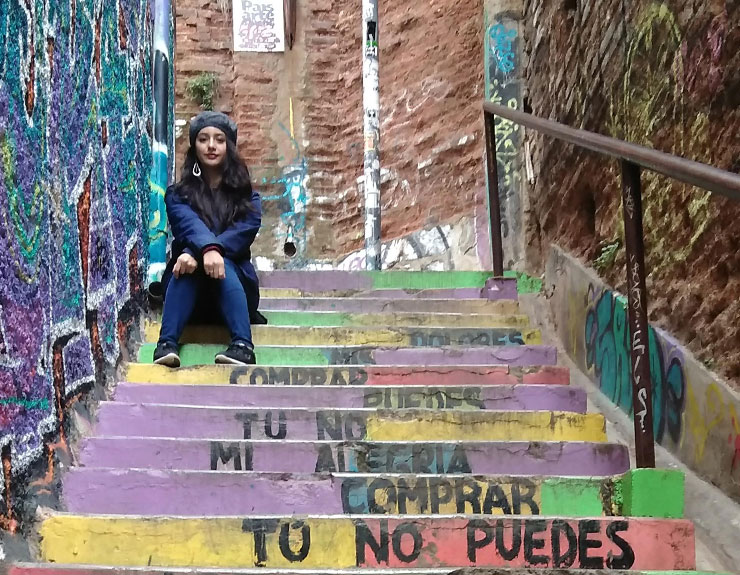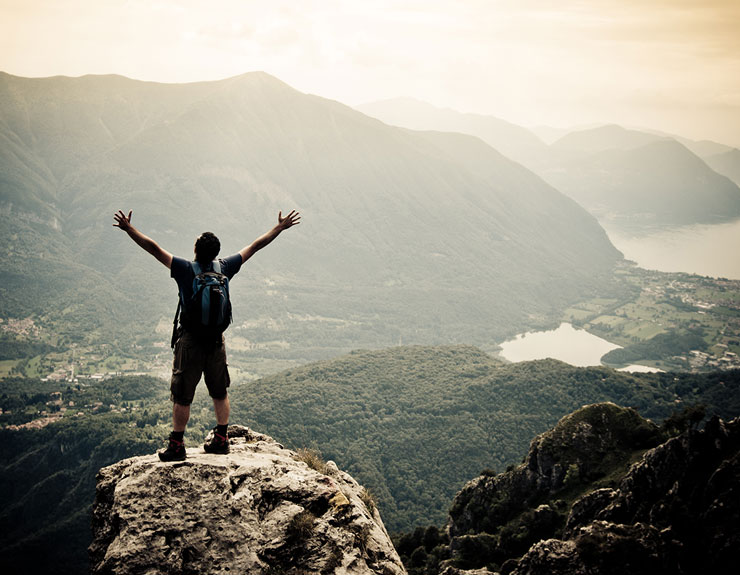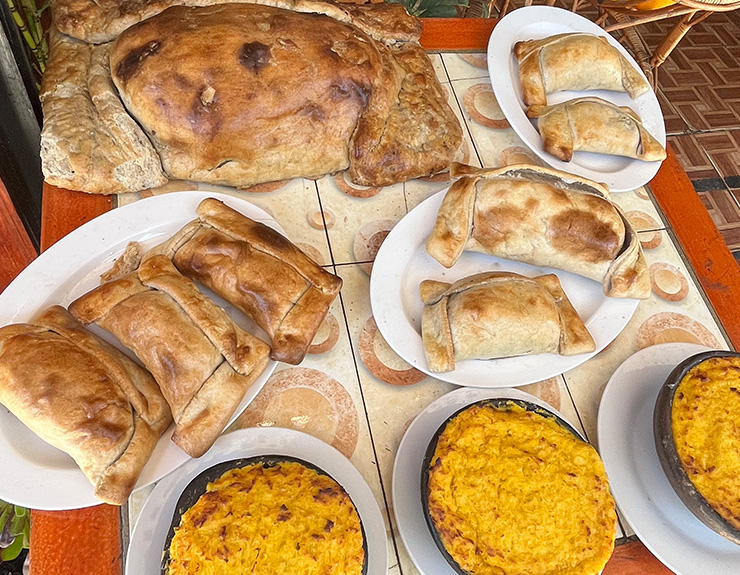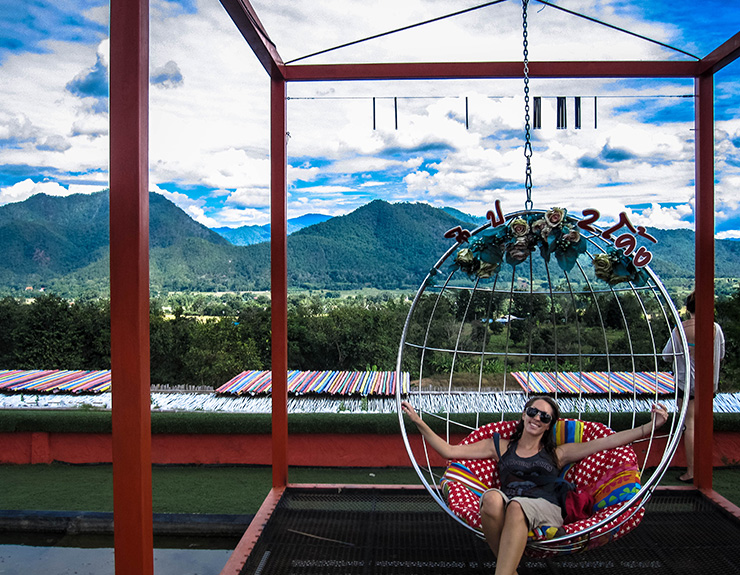Chile is a natural choice for gaining insight into the Latin American way of life. The diversity of Chile can be found in all corners of the country. Chile, meaning where the land ends, is one of the longest countries and boasts the southernmost city in the world. Arid deserts with hot springs, volcanoes, 4,000-year-old trees, and Patagonia glaciers mark the landscape. As a student, you'll have ample opportunity to explore and connect with all of Chile's cultural and ecological treasures. From Santiago's thriving food and bohemian art scene to the forests of Villarrica, there is something in Chile for everyone. At the core of all study paths in Chile is community involvement. Depending on your interests, you may find yourself in an indigenous village, a human rights NGO, or wine country. The options are yours in Chile.
Standing in front of a class and teaching in Spanish for an hour was a great way to improve my language level and increase my confidence. I also gained more clarity on the roles and responsibilities of a teacher. To experience the dynamics of a classroom was a goal I was able to achieve through my internship abroad.
Study abroad was a really good learning experience. I came out of it a much more confident person. I felt more adult, more grown up. I learned a lot about myself and other cultures, languages, and people. I made a lot of friends and got to travel to some of the most beautiful places on Earth.
As much as my study abroad experience was an incredible adventure, it was also a personal transformation. I departed Chile with a deeper appreciation of the world's vastness, all its cultures and peoples, and the realization that we are all a part of its great interconnectedness.
My internship in Chile is the closest I’ve ever been to finding my calling, and I am incredibly thankful for the time and the love that people showed me.
The classes at PUC were incredible because they were about Latin America and taught by Latin Americans. I took a political science class taught by an influential figure in Chilean feminist politics. The fact that the classes transferred to my degree made it even better. Best of all, I had the opportunity to live in a welcoming society and witness real-time change in Chilean politics – it was an amazing experience.
